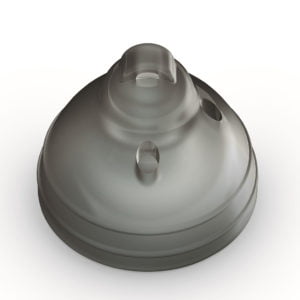Several factors have been negatively affecting the UK economy as of recent. The fact that it is still recovering from COVID-related lockdowns is certainly one of them. The limited stocks of natural gas that the country is experiencing are certainly not helping, and neither is the Russia-Ukraine conflict causing petrol prices to hit another record high.
With inflation reaching a 40-year high of 10.1%, the UK is bracing itself for another major increase of energy prices. Foreboding predictions are being made that energy bills could potentially hit more than £100 a week while many people are already living day-to-day, unable to afford basic necessities such as hot water or their daily commute to work.
How is the crisis affecting people with disabilities?
Disabled people are being affected especially intensely by the crisis since for them, the issue of sky-rocketing energy bills is being piled on top of extra living costs that they are already facing. Spending resources on powering essential equipment, as well as insurance, therapy and suitable transport options results in additional costs that add up to £583 a month on average.
With energy prices being expected to rise yet again next month, warnings have been made that disabled people and those close to them will soon be faced with an impossible choice. Many families will need to sacrifice food and heating in order to keep their disabled loved ones healthy and safe.

How are the hearing-impaired being affected?
The above is no less true for people living with hearing loss. According to one research, being on the deafness spectrum can make it significantly more expensive to reach an acceptable living standard as compared to people without this impairment. The research found that monthly costs for working aged people who are deaf and live alone can be up to 80% more in comparison to people with normal hearing, adding up to extra £163 a week.
What additional costs are people with hearing loss facing?
Below are some of the main additional costs that people with hearing loss are facing on a monthly basis:
Interpretation
Although service providers are required to make reasonable adjustments to make their services accessible to disabled people (for example, by providing an interpreter) in accordance with the Equality Act 2010, many services fail to meet this requirement, deeming the provision of an interpreter not to be a reasonable adjustment. In such cases, deaf people are required to cover the costs for an interpreter themselves; costs that reach up to £127 a week.

Assistive Hearing Equipment
Technology such as appropriate hearing aids and assistive hearing devices is essential for people on the deafness spectrum’s ability to live a normal day-to-day life. With NHS hearing aids using older technology and often times being unable to significantly improve hearing, and average prices of private hearing aids falling anywhere between £1,000-£3,000, acquiring appropriate hearing assistive technology can be extremely budget-straining.
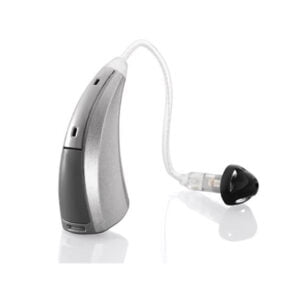
Additional costs are involved in the maintenance that hearing devices require, too: items such as disposable batteries, wax traps, domes, and drying capsules may not cost a lot (between £1-£5 on average), but their prices do add up. However, rather expensive items that are also needed on a more or less regular basis such as replacement wires, ear moulds and replacement charger units can cost anywhere between £40-£400.
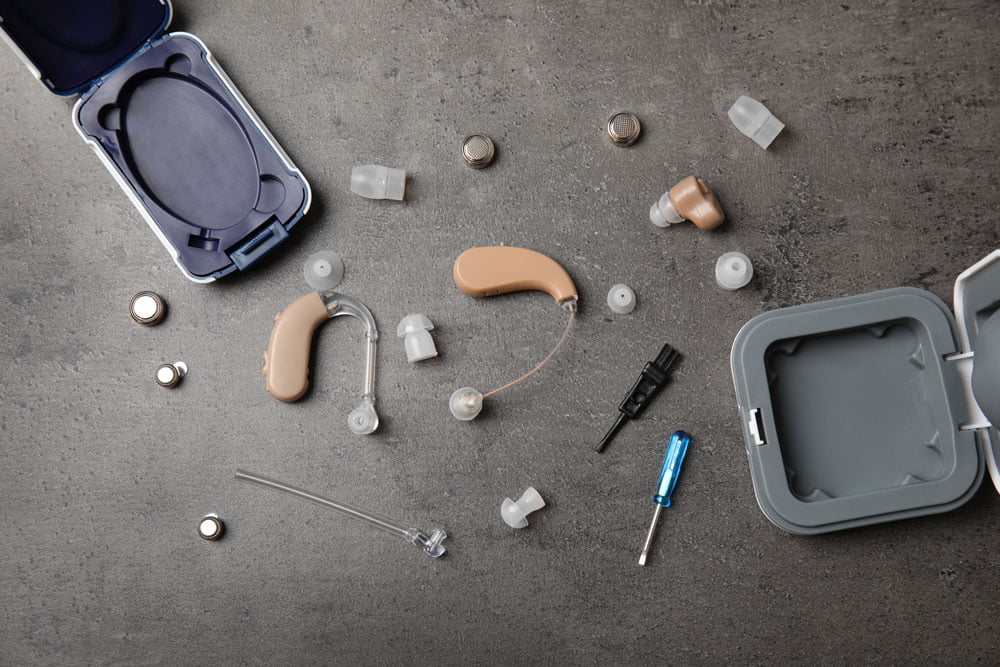
Social Activities & Travel
According to the above-mentioned research conducted by Loughborough University and University Campus Suffolk on the extra costs that living with hearing loss involves, socialising and travelling are amongst the main activities that contribute to the additional costs people on the deafness spectrum are facing.
Since people with hearing impairment are more likely to experience isolation and loneliness due to the communication barrier that hearing loss often involves, taking active steps towards socialisation on a regular basis is essential.
However, this results in a travel budget that is higher than what it is for people with regular hearing since hearing-impaired individuals’ social circles are often more spread out geographically. Meeting Deafness groups, or visiting services made accessible to those with hearing loss in case local provision is limited, often involves expensive train travel to different towns or cities.

Electricity
The research lists higher electricity bills as another contributor to the extra costs that people with hearing loss face due to having lights on more often in order to be able to sign/lip read. Charging assistive hearing equipment can also be the reason for higher electricity bills.

As people on the hearing loss spectrum are evidently facing increased living costs already, there is a high chance that the crisis may push them towards making some hard choices. The terrifying reality of the situation is that individuals on the deafness spectrum’s ability to afford basic necessities may be endangered.
What measures are being taken?
A series of measures have been announced by the Government intended to help vulnerable people as the cost of living keeps rising. These will include individuals receiving disability benefits being granted £150, with those on the lowest incomes receiving an additional payment of £650.
Many people, however, do not believe that these actions will achieve enough. According to a survey conducted by Charity Sense, four out of five people who took part expressed the opinion that the measures simply do not go far enough.
How are we addressing the crisis as a business?
As a business providing essential equipment to individuals experiencing hearing loss, it is incredibly important to us that we do anything within our capabilities to ease the hardships that they are facing due to the crisis.
This is why we make sure to always provide top-range quality at competitive prices. What is more, we now offer £1.49 delivery on all consumable items! This includes wax guards, receivers, batteries, and domes- those high-priority items that are essential for the proper function of your hearing aids. We have listed some of our favourites below:
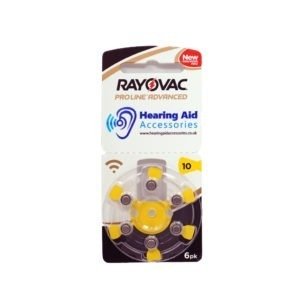
Among the most advanced hearing aid batteries, Rayovac ProLine Advanced offer supreme performance, ensuring that your hearing aids are not only working to their full potential, but also for longer, thanks to Rayovac’s long-lasting active core technology. Providing 12% more power than the nearest competitor, these brilliant batteries ensure maximum reliability.
Compatible with both Marvel and Paradise hearing aids, these brilliant domes help avoid wax and debris building up in your hearing aid receiver and provide optimal sound performance. Available in 4 different styles with 3 sizing options, they are strong and durable, ensuring the smooth function of your aids at all times.
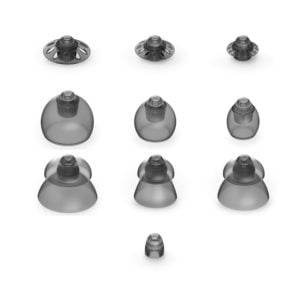
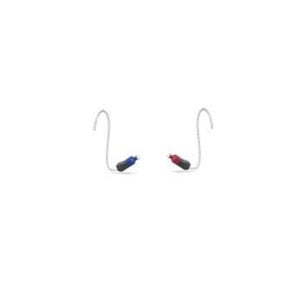
As receivers tend to deteriorate over time, it is important to replace them regularly. These GN ReSound replacement receivers are a great solution to ensuring top-quality performance of your hearing aids. Not only are they discreet and cost-effective, but they also make replacing extremely easy.
In addition to trapping and removing ear wax, the Oticon ProWax Guards reduce the risk of malfunction and damage to your hearing aids and prevent blockages, prolonging their lifespan. Furthermore, they have a very fine filter and are nano coated to prevent moisture from accumulating.
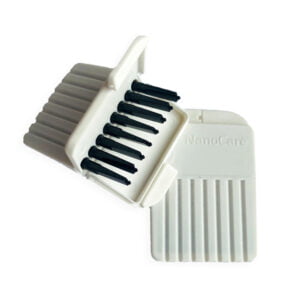
Featuring the unique Widex-patented wax guard system called NanoCare, these brilliant wax guards enhance the performance of your Widex hearing aids, while providing better sanitary conditions and increasing their longevity.
Are you looking for affordable, but high-quality hearing aid equipment? Why not have a look at our shop? Click here and explore today!



